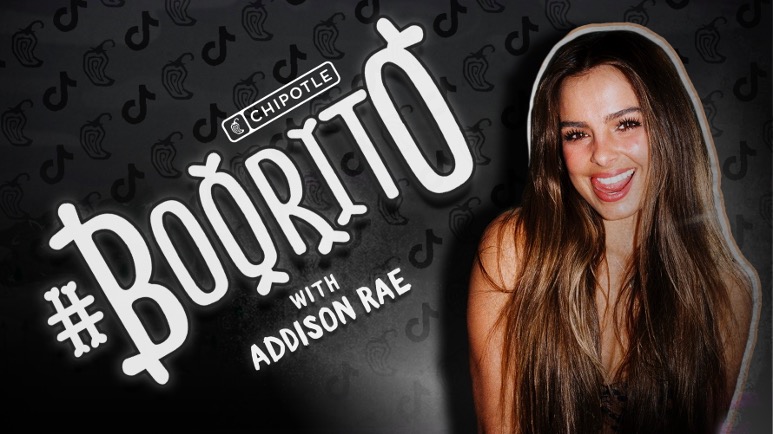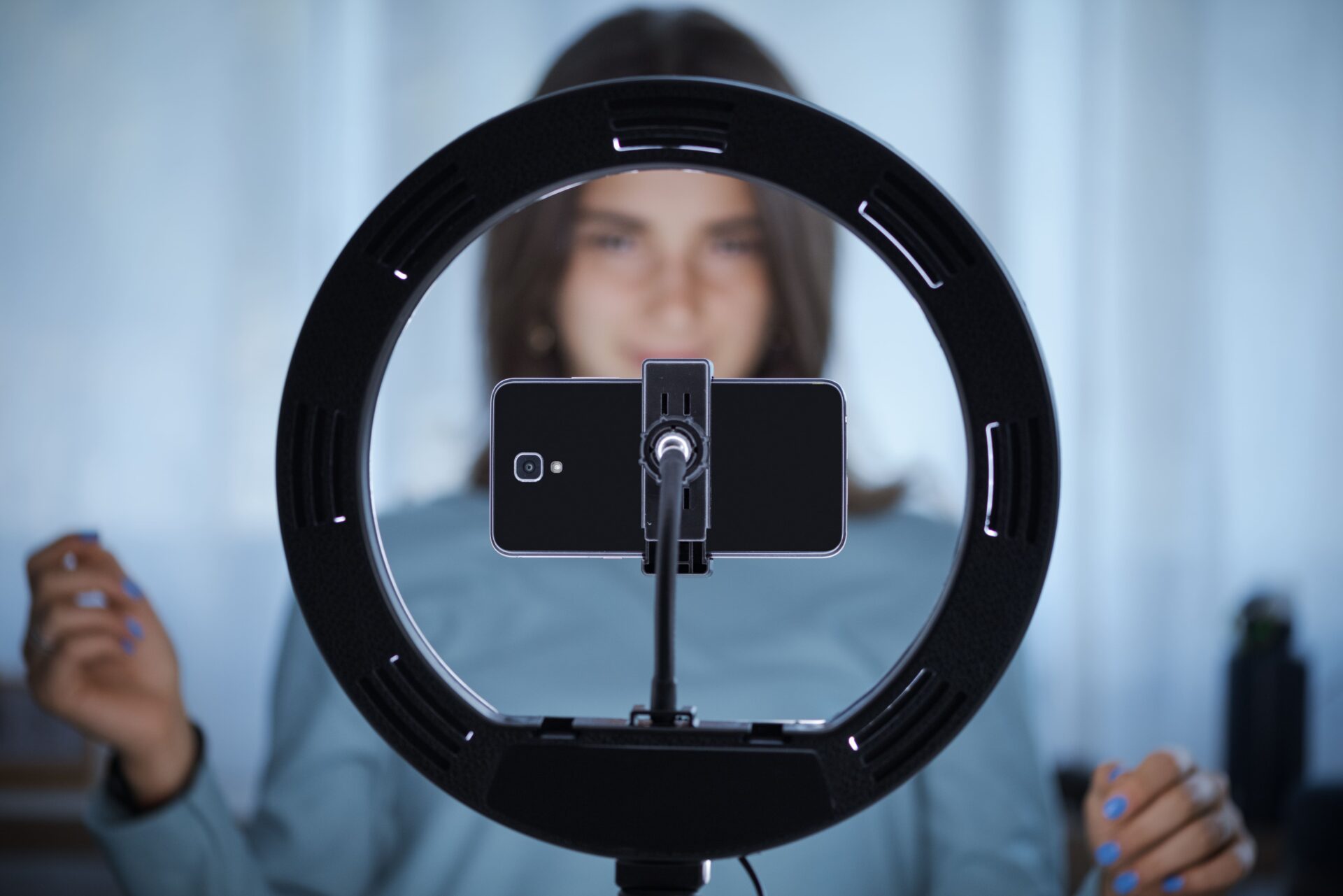The Kipling Method: Relatability Is The Key To Success
Our goal at Kipling is to infuse a relatable personality into the social media profiles of our clients. By doing this, we can reach users by engaging with them through humour, dance, music, and emotional reliability.
The power of TikTok’s AI-powered algorithm is that it delivers content to users in a way that traditional mediums such as Facebook, Twitter, and Instagram have never done before. ByteDance founder Zhang Yiming describes TikTok as a mission to “combine the power of AI with the growth of mobile internet to revolutionize the way people consume and receive information.” The program deciphers what users like and dislike to see with every scroll, creating powerful echo chambers that reverberate information to end users like never before.
This program is handy to us as marketers, as we can now precisely target demographics by researching trends that have gone viral within specific communities and leveraging our creativity to fit within niche trend-related subject matters. This targeting method is much more valuable than paid social ads, as sponsored advertisements have become increasingly invasive to the user experience. While effective, this is a difficult area to succeed in without appropriate research and a good understanding of TikTok culture. Many brands have tried to jump on the bandwagon of TikTok trends to increase brand awareness and sales but have yet to do so. A brand’s biggest mistake is attempting to deliver recycled traditional marketing campaigns to a social media audience. Marketing professionals who are not engaged social media users cannot understand the culture of a platform like TikTok. From millennial emojis and top comments to trending sounds, a language of culture has been built over time and is widely understood and accepted by several billion active users worldwide.
TikTok Influencer Marketing: Not Your Average Advertising Campaign
Relatability is key when marketing to a Gen-Z audience. Gone are the days when imagined realities of a life of perfection and immortality alone were enough to convince consumers that they must purchase a product or service. The newest generation of consumers value brands that understand their experiences more deeply. We would all like to have beautifully filtered lives and live forever, but our society has arrived at an understanding that these promises are likely unattainable.
Using TikTok creators is a great way to advertise in place of sponsored advertising. Influencers have dedicated audiences who are already engaging with the content they produce. By leveraging creators to promote a product or service in their own content styles, brands have a better chance of creating impressions on their target demographics. For example, fans of TikTok creator Addison Rae feel more inclined to visit Chipotle after hearing about the restaurant from Addison than from Chipotle.

In 2022, the viral trends are not perfectly curated hashtag campaigns featuring perfect images of paid actors and models. Instead, it is the content that relays the average and mundane aspects of life that we all experience more often than we do the extraordinary.
In a post-pandemic world, this generation of social media users wants to laugh with one another in the shared understanding that our human experience is vastly flawed and that not many people in the world – not even politicians and so-called “experts” – know what is going on and why we are here.
At Kipling Media, we do our best to interact and engage with online communities by depicting reality through relatable content. We want to show our community what our lives are like and connect with what they experience daily. After all, we all eat, sleep, and hope for the best.






Comments